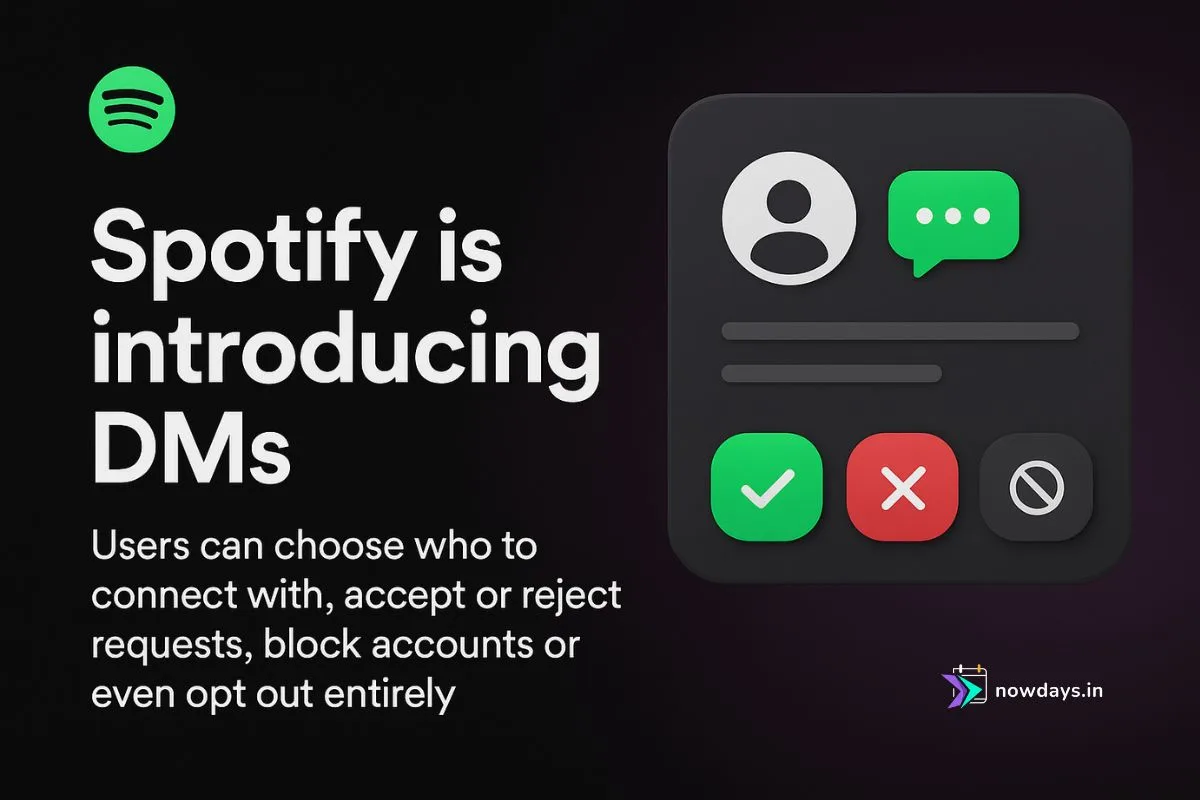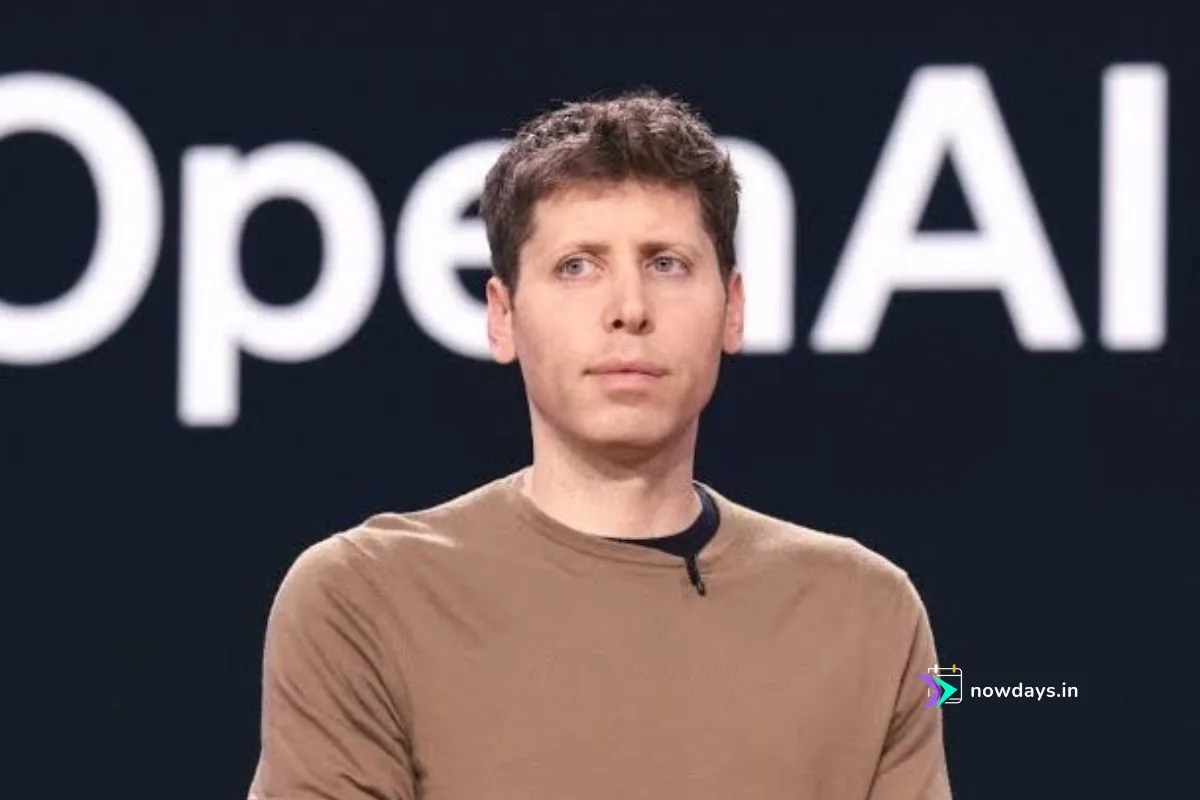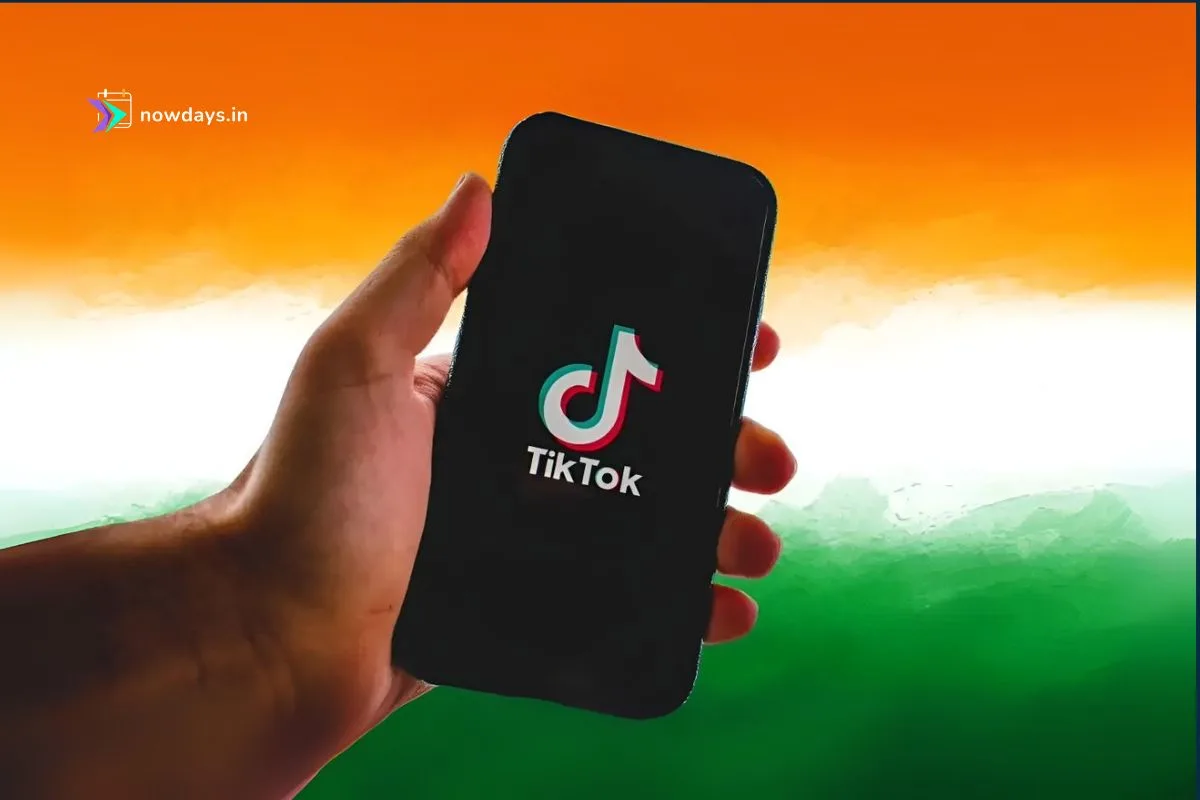In a move to make music sharing more seamless and social, Spotify has begun introducing direct messages within its app, allowing users to exchange song recommendations, podcast episodes, and audiobook suggestions without switching to other platforms. The feature, aimed at enhancing connections among listeners, emphasizes privacy by letting individuals decide who they interact with, approve or deny incoming requests, block unwanted contacts, and even disable the option completely if they prefer. This launch marks Spotify’s latest push to evolve from a simple streaming service into a more interactive hub, drawing on feedback from its massive user base of over 600 million monthly active listeners.
Available initially in select regions on mobile devices for both free and premium subscribers aged 16 and older, the tool is rolling out gradually, with expansions expected soon. Company representatives highlight that this builds on existing social elements like collaborative playlists and shared listening sessions, aiming to centralize conversations that often spill over to external apps.
How the New Messaging System Works
To start a chat, users tap the share button while listening to content in the app’s playback screen, then select from a list of contacts they’ve previously engaged with—such as those in family plans or joint playlist collaborations. Once a request is sent, the recipient can choose to accept it to begin exchanging text, emojis, or more audio picks, all stored in a dedicated inbox accessible from the profile icon.
Spotify positions this as a way to keep track of recommendations effortlessly, reducing the hassle of digging through scattered texts or social feeds. For instance, if a friend shares a track via an external link, users can approve the connection and continue the discussion inside the app. The company notes that these one-on-one exchanges are designed to complement, not replace, sharing on other networks like social media.
Early adopters in markets like Canada and parts of Latin America report a straightforward experience, with the feature fostering quicker discoveries of new artists and shows. However, it’s limited to personal chats for now, without group options, focusing instead on intimate, content-driven interactions.
Emphasis on Privacy and Safety Measures
A standout aspect of the rollout is its robust user controls, addressing potential concerns in an era of heightened data scrutiny. Individuals can reject message requests from anyone, block accounts to prevent further contact, report suspicious content or behavior directly in the app, and opt out of the entire system through settings if they want no part in it.
Spotify assures that conversations are protected with encryption during transmission and storage, though it’s not full end-to-end, meaning the platform can monitor for violations like harmful material. Moderators will review flagged items, and automated tools scan for unlawful content to maintain a safe environment. This approach draws from lessons learned in a previous messaging attempt discontinued in 2017 due to low engagement, with the company now prioritizing safeguards to build trust.
Privacy experts, as discussed in analyses from sites like Wired and the Electronic Frontier Foundation, praise these options but urge users to review settings regularly. For example, toggling off tailored ads in account privacy can further limit data sharing with third parties, complementing the DM controls. YouTube tech reviewers, such as those on channels like Marques Brownlee or Unbox Therapy, have highlighted in similar app updates how such features can enhance user autonomy while warning of potential spam if not managed well.
Expert Views: Boosting Engagement or Privacy Pitfall?
Industry observers see this as a strategic play to boost retention and artist discovery. Analysts from Music Business Worldwide note that by keeping shares in-app, Spotify could increase streams and hype for creators, potentially driving more revenue through premium upgrades. A Variety report echoes this, suggesting the tool might evolve to include artist-fan interactions, turning the platform into a fuller social ecosystem.
However, some experts express caution. In discussions on TechCrunch and International Business Times, commentators point out that while controls are strong, the lack of end-to-end encryption means Spotify retains access for moderation, which could raise concerns for privacy-focused users. YouTube breakdowns from privacy advocates, like those on The Hated One channel, often critique similar features in apps, arguing they collect more behavioral data under the guise of convenience, even with opt-outs.
Spotify counters that the feature stems from user demands for a dedicated space to discuss audio content, potentially reducing reliance on competitors’ social tools. With over 200 million premium subscribers, this could solidify its market lead, but success hinges on balancing fun with security.
What This Means for the Future of Streaming
As Spotify experiments with social elements, this DM introduction could pave the way for more integrated experiences, like live audio chats or enhanced collaborative features. For users wary of added data collection, the opt-out option ensures flexibility, aligning with broader trends in app privacy amid regulations like GDPR.
Overall, the feature represents Spotify’s ambition to make listening a shared adventure, but with user controls front and center, it aims to avoid the pitfalls that sank its earlier attempt. As it expands, keep an eye on updates—your next music discovery might just arrive via an in-app ping.










